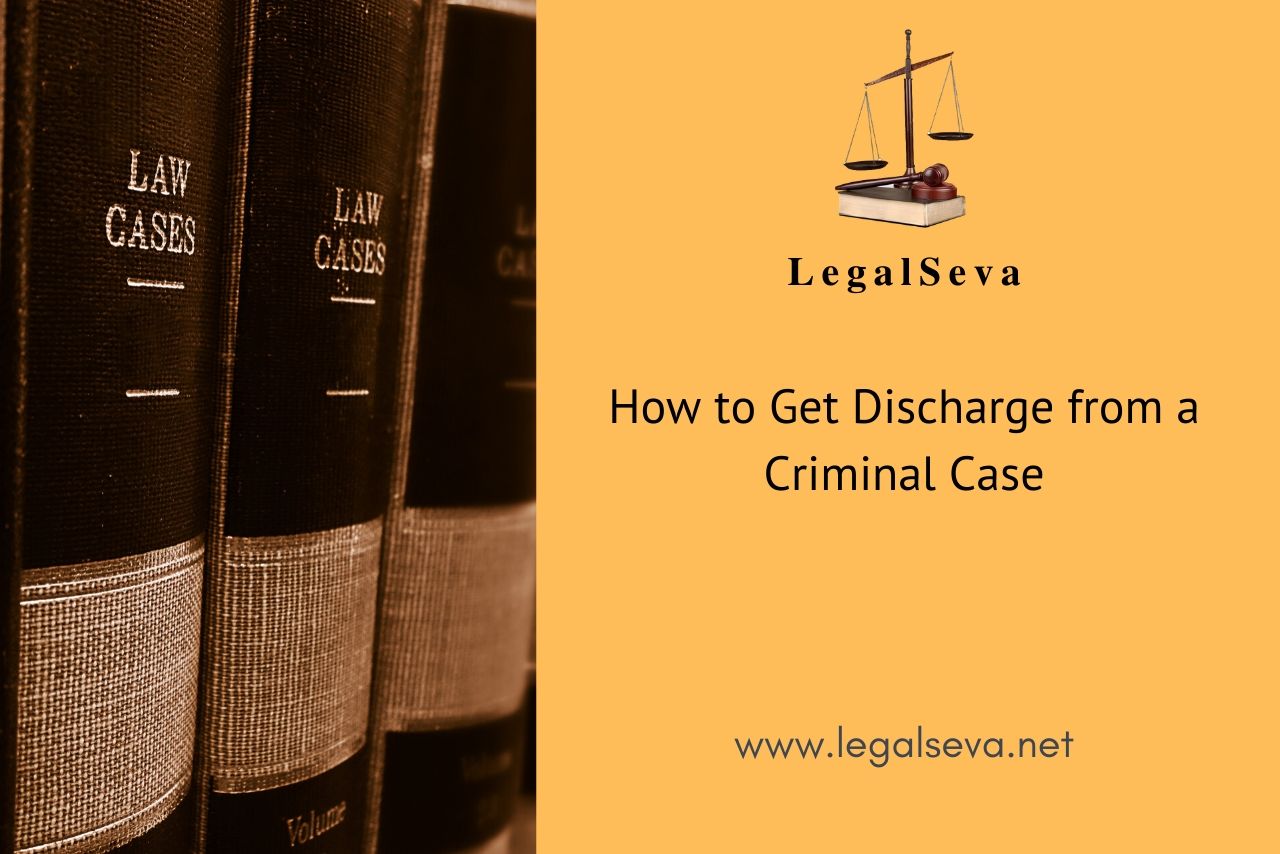Last Updated on June 21, 2024 by Satish Mishra
Section 239 of the Code of Criminal Procedure 1908
The entire process, starting from registering the First Information Report (FIR) to the acquittal or conviction, everything is vividly and categorically mentioned in the Code of Criminal Procedure (hereinto referred to as the Cr.P.C), 1908. Out of the many processes and procedures, one of the most crucial and perhaps the most significant step, is enshrined under section 239 of the Cr.P.C. , which talks about getting discharge in a criminal case.
Also Read- WHEN CAN POLICE DO REINVESTIGATION?
The rationale or the jurisprudence of law behind this section is, that since it is not a necessary fact that every person or persons against whom a case has been formally filed, is a criminal or a wrongdoer ab initio. The prevailing circumstances may perhaps, have been truly against the person, but, that doesn’t mean, s/he will be convicted without giving him/her a fair chance to prove his innocence, if any. The law gives the Magistrate the discretion to apply both the black letters of law and his/her application of mind in every situation.
Also Read- GROUNDS FOR QUASHING OF FIR
The Magistrate might feel that something is dicey or fishy or for that matter, the accused is being wrongly framed. Then, in that case, it is the Magistrate who is responsible to deliver relief to the accused, who is being wrongly called to the court of law. Had there been an absence of such a provision to give the person(s) a relief in between the trial, then the bonafide person(s) would be drained mentally and physically by the time they are pronounced “not guilty”. Therefore, S. 239 of Cr.P.C. is a big tool of rescue.
Also Read- REINVESTIGATION BY POLICE
The application of S.239 of the Cr.P.C. is only applicable to warrant cases (cases of serious nature). The conventional process is that once the police begins its investigation (u/s 161 Cr.P.C.) and after concluding the same (u/s 173 Cr.P.C.), a charge sheet is filed against the accused in the court of law. The Magistrate then, scrutinises the chargesheet and if, the magistrate feels that the charges framed against the accused are groundless, then the Magistrate shall examine the accused if he deems fit. After that, the Magistrate shall decide and may discharge the accused, provided, that the Magistrate records his/her reasons for doing so. One thing which needs to be taken care of, is that at the stage of prosecution evidence, the Magistrate has to take the evidences as the sacrosanct facts placed by the Investigating Officer.
Also Read- ACQUITTAL BASED ON HOSTILE WITNESS
It is only, after the chargesheet is filed, then only the Magistrate can apply his conscious and logic. Thus the Complainants allegations + Witnesses Statements + Charge sheet as prepared during investigation are the materials to be considered by the Court.
Also Read- CLOSING OF FIR VIA CLOSURE REPORT
Though, it isn’t the case that the Magistrate takes a suo moto cognizance and discharges the accused. The fact has to brought to the notice of the Magistrate through an application under section 239 Cr.P.C. , where, the following points are to be mentioned:
- The FIR must be vaguely formulated and the charge sheet filed must contain vagueness in charges against the person accused;
- Both the FIR and the charge sheet were not supported by an substantial or concrete evidence;
- The case presented by the Prosecution does not correspond with the material evidences put on court’s record;
- The charges formulated in the charge sheet are new and do not correspond to the earlier complaint mentioned in the FIR and these new additions were not communicated to the accused or his legal representatives to defend against them in the court of law.
Also Read- PROTEST PETITION TO CHALLENGE POLICE REPORT
Thus, it is important for all, to know the fact, that the law has been very kind to make sure that justice is done at all costs. All the people associated with the legal fraternity should know the fact, that the law has always been a safeguard for the innocents. Though, misuses have taken place, but, an honest attempt should be made by all that the objectives of law should be fulfilled at every cost.
This post is written by Pritthish Roy of Vivekananda Institute of Delhi.
You may also contact best/top/expert criminal lawyer/advocate in Chandigarh Panchkula Mohali Zirakpur Kharar Derabassi for your case. For more info, please dial 99888-17966.
